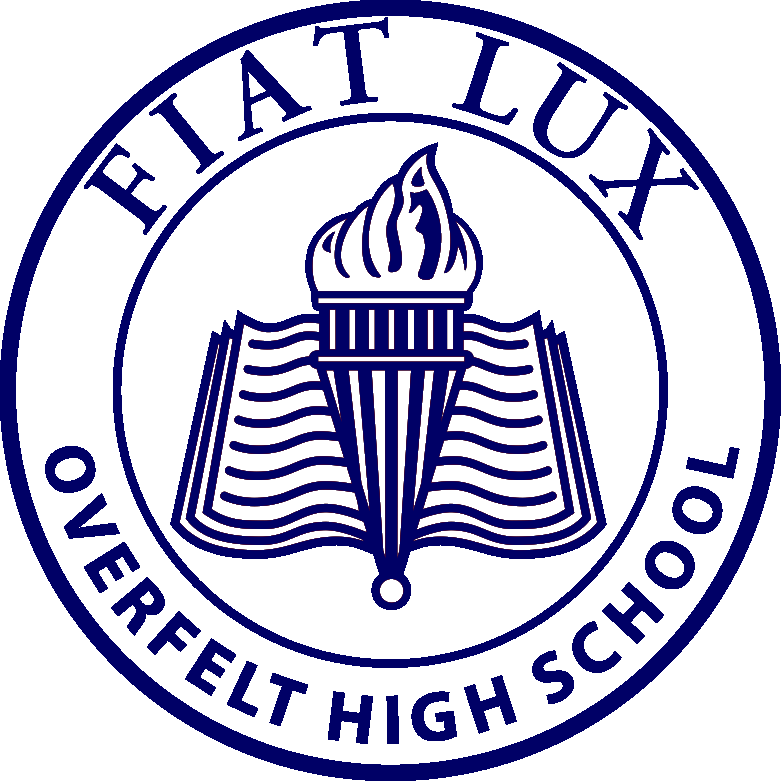
AP European History

AP European History
Meanwhile, the Catholic Church was well aware of the need to reform itself from within. However, reform depended largely on the personality of the pope in power at any given time. This made for inconsistency; reform proceeded slowly, by fits and starts. Some popes felt a genuine need to reform corrupt practices, others hoped to reclaim Protestants who had left the Church, and still others stubbornly refused to support any changes.
Pope Paul III called for a council of high Church officials to meet in the city ofTrent to devise a plan for reform. Due to strong opposition from within the Church, the Council of Trent did not meet until 1545 and took more than fifteen years to reach any conclusions. In the end, it supported all doctrines that Protestants had criticized, banned the sale of indulgences, and required the founding of hundreds of new seminaries for the education and training of priests.
Paul III appointed many pro-reform cardinals in the hope that they would continue to elect popes who would fight corruption in the Church and try to restore it to its former glory. This attempt was largely successful; the popes who followed Paul III continued to support reform.
In 1542, Paul III created the Congregation of the Holy Office of the Inquisition. Its purpose was to supervise the Roman Inquisition, whose job was to try people accused of heresy. The Roman Inquisition generally assessed penalties such as fines or public whippings. The most serious sentence it could hand down was one of life imprisonment. However, if the Inquisition handed a prisoner over to secular authorities, it almost certainly meant the person would be executed. It began as a sincere attempt on the part of reformers to root out heresy within the Church. Under some of Paul Ill's successors, it became a byword for torture and terror. Portugal and Spain had their own Inquisitions; these, however reported directly to the monarchs rather than being supervised by the Church. (See Chapter 4.)
Paul IV, who served as pope from 1555 to 1559, was a particularly strict reformer, focusing his energy on a variety of targets. He came down especially hard on the practice of simony, or the sale of Church offices; although this was a dependable source of income for the Church, it was clearly corrupt. Paul IV also made the Church bureaucracy more efficient by eliminating many unnecessary positions. In 1559, the Church published the Index of Forbidden Books; this document listed all books that, according to the Holy Office, contained heretical ideas and thus were off limits to Catholics because of their corrupting influence. Not content with banning the books, the Church also burned thousands of copies. Owning a copy of a forbidden book made the possessor liable to punishment under the Inquisition.
The founding of the Society of Jesus, also known as the order of the Jesuits, was a more positive Catholic reform. Its founder, Ignatius Loyola, was born in the Basque region of Spain in 1491. An active military career led to severe injuries and wounds; while he lay still recovering, Loyola passed the time with books, studying the life and teachings of Jesus. Greatly impressed by Jesus' simplicity and humility, Loyola vowed to emulate him. He took vows of poverty, wore the simplest of clothing, and spent his days serving and helping the poor. He published a work called Spiritual Exercises, which advocated a period of intense contemplation and study for any man wanting to devote his life to serving the Church.
In 1540, the pope approved Loyola's petition to found the order of the Jesuits. The society grew quickly as many men joined, attracted by Loyola's high ideals. Like their leader, the Jesuits lived simply and chastely, indifferent to physical comforts or luxuries. Jesuit schools offered the best education then available to children in Europe; pupils from all income levels and all ranks of society were welcomed and treated equally. The Jesuits were characterized by reforming zeal, preferring to persuade non-Catholics to convert, rather than resorting to the bullying techniques of the Inquisition. Their missionary ambitions eventually led them to the most remote areas of the world, far beyond Europe's borders.
The Jesuits were not the only order founded during the Counter-Reformation. The Ursuline order of nuns and the Capucine order of priests, among others, provided both men and women with the opportunity to teach, preach, and serve. Because these orders, like the Jesuits, turned their backs on the pomp, ceremony, and display that Luther and Calvin had found so objectionable, the common people were impressed. Seeing that these Catholic orders practiced the simplicity and purity that they preached, thousands of people were inspired to follow them. The activities of these orders, especially the Jesuits, helped to counteract the effects of the Protestant Reformation and to strengthen and improve the Catholic Church as an institution.